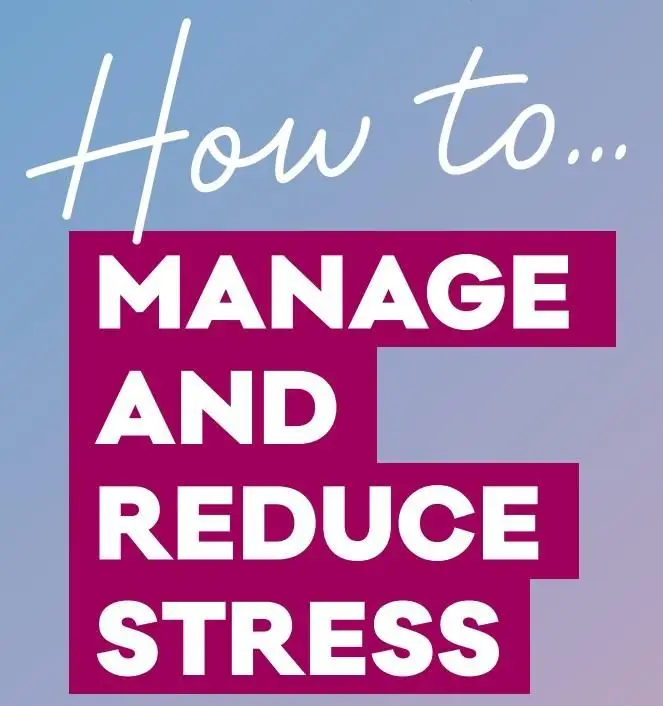What are the most effective methods for managing and reducing work-related exhaustion?


Work-related exhaustion, also known as workplace burnout, is a common issue that many employees face. It can have a significant impact on both their physical and mental well-being, as well as their overall job performance. In order to effectively manage and reduce work-related exhaustion, it is important to implement strategies that address the root causes of burnout and promote a healthy work-life balance. This article will explore some of the most effective methods for managing and reducing work-related exhaustion, including employee stress management techniques and work-life balance strategies.
Recognizing the Signs of Work-Related Exhaustion
Before diving into the methods for managing and reducing work-related exhaustion, it is important to first recognize the signs and symptoms of burnout. Some common indicators include:
– Chronic fatigue and lack of energy
– Increased irritability and mood swings
– Decreased motivation and productivity
– Physical symptoms such as headaches or stomachaches
– Difficulty concentrating or making decisions
– Withdrawal from social activities or relationships
Employee Stress Management Techniques
One of the most effective ways to manage and reduce work-related exhaustion is through employee stress management techniques. These techniques can help individuals cope with the demands of their job and reduce the negative impact of stress on their overall well-being. Some effective stress management techniques include:
– Time management: Prioritizing tasks, setting realistic deadlines, and breaking larger projects into smaller, more manageable tasks can help reduce feelings of overwhelm and increase productivity.
– Mindfulness and relaxation techniques: Practicing mindfulness, deep breathing exercises, or engaging in activities such as yoga or meditation can help reduce stress and promote a sense of calm.
– Physical activity: Regular exercise has been shown to reduce stress and improve overall well-being. Incorporating physical activity into your daily routine, such as going for a walk during lunch breaks or participating in a fitness class after work, can help manage work-related exhaustion.
– Setting boundaries: Establishing clear boundaries between work and personal life is crucial for managing work-related exhaustion. This may include setting specific work hours, avoiding checking emails outside of those hours, and taking regular breaks throughout the day.
Work-Life Balance Strategies
In addition to employee stress management techniques, implementing work-life balance strategies is essential for managing and reducing work-related exhaustion. Achieving a healthy work-life balance allows individuals to prioritize their personal well-being and maintain a sense of fulfillment outside of work. Some effective work-life balance strategies include:
– Flexible work arrangements: Offering flexible work hours or remote work options can help employees better manage their personal responsibilities and reduce work-related exhaustion.
– Time off and vacations: Encouraging employees to take regular time off and utilize their vacation days is crucial for preventing burnout. Taking breaks from work allows individuals to recharge and return to their job with renewed energy and focus.
– Supportive work environment: Creating a supportive work environment that values work-life balance can significantly reduce work-related exhaustion. This may include promoting open communication, providing resources for stress management, and fostering a culture that encourages employees to prioritize their well-being.
Conclusion
Work-related exhaustion is a common issue that many employees face, but it can be effectively managed and reduced through various methods. By implementing employee stress management techniques and work-life balance strategies, individuals can better cope with the demands of their job and maintain a healthy work-life balance. Recognizing the signs of burnout, such as chronic fatigue and decreased motivation, is the first step towards addressing work-related exhaustion. By prioritizing self-care and implementing these strategies, individuals can reduce work-related exhaustion and improve their overall well-being.
Recent Posts
How do I create an engaging and informative online quiz or assessment?
Creating an engaging and informative online quiz or assessment can be a powerful tool for… Read More
What are the most effective methods for managing and reducing work-related stress in the hospitality industry?
Work-related stress is a common issue in the hospitality industry, where employees often face long… Read More
How can I improve my assertiveness and communication skills in a leadership position?
In a leadership position, assertiveness and effective communication skills are crucial for success. Being able… Read More
What are the key elements of a successful employee recognition and rewards program?
Employee recognition and rewards programs play a crucial role in motivating and engaging employees, as… Read More
How do I effectively manage and respond to customer feedback and reviews?
Customer feedback and online reviews play a crucial role in shaping a company's reputation and… Read More
What are the best strategies for effective time management as a stay-at-home parent?
Effective time management is crucial for stay-at-home parents who juggle multiple responsibilities on a daily… Read More